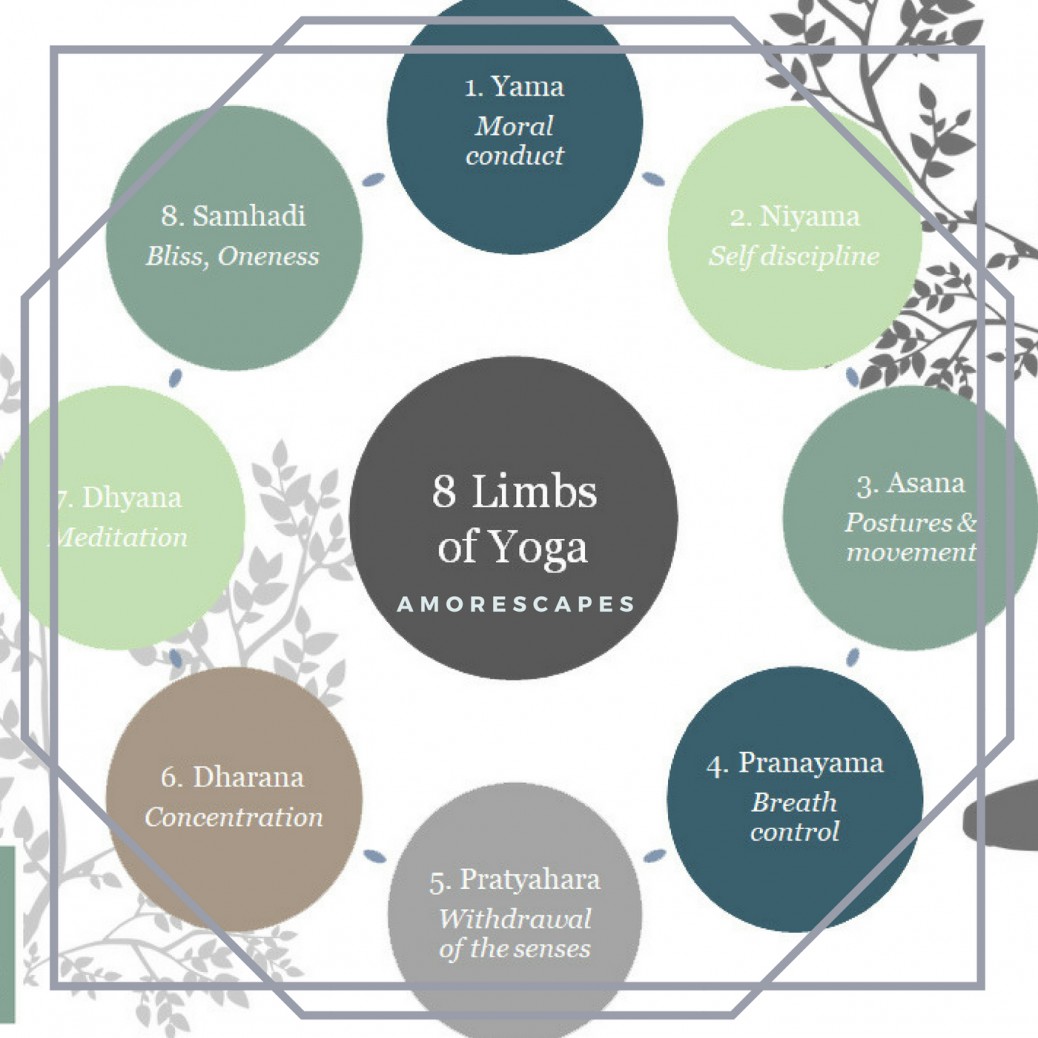Now a few more things, because this is such a central phenomenon for Patanjali you have to understand a few things more. Yam is a bridge between you and others; self-restraint means restraining your behavior. Yam is a phenomenon between you and others, you and the society. It is a more conscious behavior: you don’t react unconsciously, you don’t react like a mechanism, like a robot.
You become more conscious; you become more alert. You react only when there is absolute necessity; then too you try so that that reaction should be a response and not a reaction.
A response is different from a reaction. The first difference is: a reaction is automatic; a response is conscious. Somebody insults you: immediately you react – you insult him. There has not been a single moment’s gap to understand: it is a reaction. A man of self-restraint will wait, listen to his insult, will think about it.
Gurdjieff used to say that his whole life changed because when his grandfather was dying, Gurdjieff was just nine years of age, he called him and told him, “I am a poor man and I have nothing to give to you, but I would like to give something. The only thing that I have been carrying like a treasure is this, this was given to me by my own father…. You are very young, but remember it.
Someday you will understand – just you remember it. Someday you will understand. Right now I don’t hope you can understand, but if you don’t forget, someday you will understand.” And this is the thing he told to Gurdjieff “If somebody insults you, answer him after twenty-four hours have elapsed.”
It became a transformation, because how can you react after twenty-four hours?
Reaction needs immediacy. Gurdjieff says, “Somebody will insult me or somebody will say something wrong, and I will have to say, ‘I will come tomorrow. Only after twenty-four hours am I allowed to answer – and I have given a promise to my grandfather and he is dead, and the promise cannot be taken back. But I will come.’” That man should be taken aback. He will not be able to understand what is the matter.
And Gurdjieff will think about it. The more he will think, the more useless it will look. Sometimes it will be felt that the man is right, whatsoever he has said is true. Then Gurdjieff will go and thank the man, “You brought to light something of which I was unaware.” Sometimes he will come to know that the man is absolutely wrong. And when the man is absolutely wrong, why bother? Nobody bothers about lies. When you feel hurt, there must be some truth in it; otherwise you don’t feel hurt. Then too there is no point in going.
And he said, “It came to pass that many times I tried my grandfather’s formula, and by and by anger disappeared” – and not only anger – by and by he became aware that the same technique can be used for other emotions: and everything disappeared. Gurdjieff was one of the highest peaks that has been attained in this age, a Buddha. And the whole journey started with a very small step, the promise given to an old man dying. It changed his whole life.
Yam is the bridge between you and others – live consciously; relate with people consciously. Then the second two, niyam and asan – they are concerned with your body. Third, pranayam is again a bridge. As the first, yam, is a bridge between you and others, the second two are a preparation for another bridge – your body is made ready through niyam and asan – then pranayam is the bridge between the body and the mind. Then pratyahara and dharana are the preparation of the mind. Dhyan again, is a bridge between the mind and the soul. And samadhi is the attainment. They are interlinked, a chain; and this is your whole life.
Tags: Conscious Behavior Reaction Response









